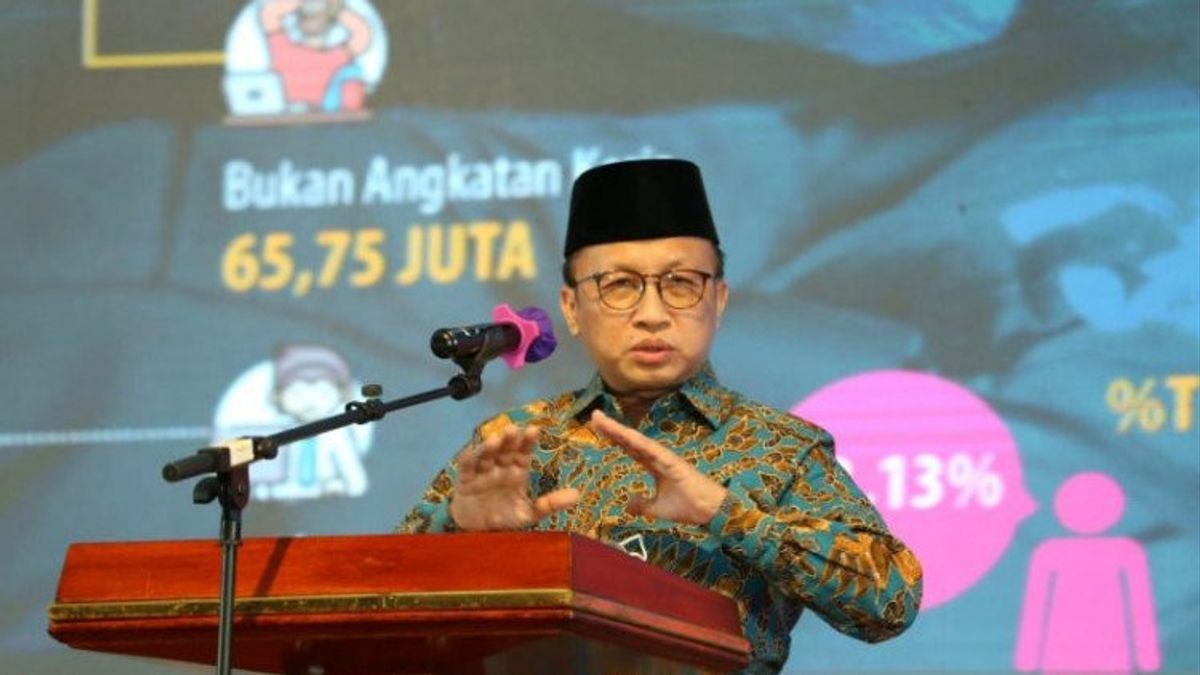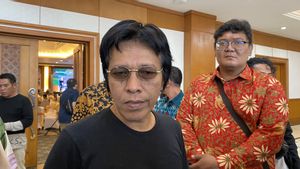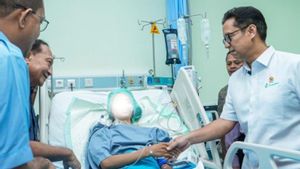JAKARTA - The governments of Indonesia and China have agreed to improve the quality of labor relations in investment cooperation in Indonesia.
This is important in order to maintain a balance between company interests and the fulfillment of labor rights.
This is the focus of the benchmarking program organized by the Government of Indonesia and the Government of China in five cities in China on May 20-30, 2022.
This program was attended by representatives of the bureaucratic Ministry of Manpower, regional employment agencies, and labor unions.
The Secretary General of the Ministry of Manpower, Anwar Sanusi, who led the Indonesian delegation, said that good labor relations play an important role in ensuring sustainable investment, contributing to the economy and social welfare.
Furthermore, Anwar said, the government's duty is to maintain a balance between the interests of companies to invest capital efficiently and fulfillment of labor rights.
"We encourage a mutual understanding between the two parties regarding this employment issue," he said in an official statement, Tuesday, May 23.
The Indonesian delegation in Beijing, Monday afternoon, was received by the Deputy Minister of Labor and Social Security of the People's Republic of China, Yu Jiadong.
During the meeting, Secretary General Anwar also underlined the importance of improving the quality of working relations.
This is realized, among others, through strengthening vocational education, compliance with occupational health and safety (K3) standards and social security for workers. In addition, efforts are also made to increase employment opportunities.
"The governments of the two countries agreed to follow up this meeting with more technical discussions," he said.
Anwar said the benchmarking program was also an effort to increase the transfer of knowledge and skills in Chinese investment projects for Indonesian workers.
"We want Chinese companies in Indonesia to also develop vocational education. Companies can become places for apprentices, and in the end interns who perform well can be appointed as employees," he said.
VOIR éGALEMENT:
Currently, investment coming into Indonesia is generally encouraged to be immediately realized and operational.
In the early stages, investors will bring along the technology as well as workers who have mastered the technology from their home country.
According to Anwar, the knowledge and skills transfer program is crucial to ensure that the project can in turn be handed over to and managed by Indonesian workers.
“Worker capacity development, including knowledge and skills transfer, is a program that must be sustainable in the long term, with clear stages and targets. For that, we need cooperation with the industry," he said.
The English, Chinese, Japanese, Arabic, and French versions are automatically generated by the AI. So there may still be inaccuracies in translating, please always see Indonesian as our main language. (system supported by DigitalSiber.id)















